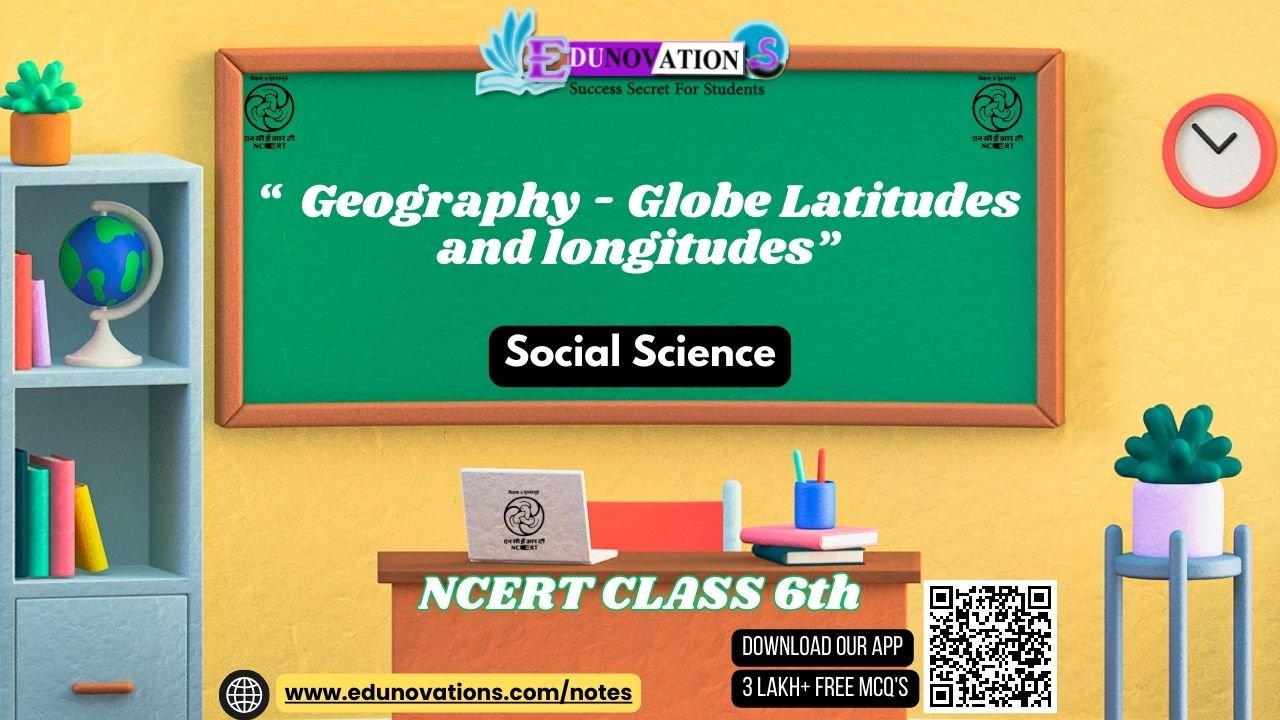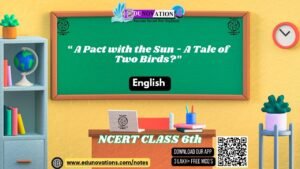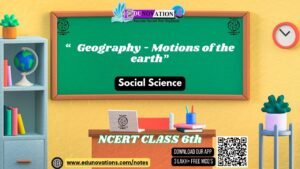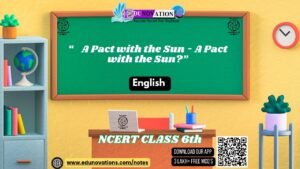NCERT Class 6 Social Science MCQ : Geography – Globe Latitudes and longitudes
Embark on a geographical expedition to understand the fundamental concepts of latitudes and longitudes with our “Geography – Globe Latitudes and Longitudes” MCQs page. This curated collection of multiple-choice questions (MCQs) has been meticulously sourced from previous year papers of various sectors, including the prestigious UPSC IAS and a diverse range of competitive exams. The page offers an enlightening opportunity to deepen your understanding of Earth’s coordinate system, its significance in navigation, and its role in geography.
Key Features:
- Comprehensive Coverage: Our MCQs span a wide spectrum of topics related to globe latitudes and longitudes, covering the equator, tropics, polar circles, prime meridian, and their use in map reading, navigation, and geographical understanding, ensuring you gain a holistic perspective on Earth’s coordinate system.
- Real Exam Experience: Prepare for competitive exams by engaging with questions similar to those encountered in UPSC IAS and other notable assessments, all focused on the art of deciphering the Earth’s grid for precise navigation and location determination.
- Geographical Insights: Explore the significance of latitudes and longitudes in mapping, exploration, and their role in understanding global phenomena through engaging MCQs that delve into the captivating world of geography.
- Detailed Explanations: Each MCQ is accompanied by comprehensive explanations to ensure you understand the principles, coordinate systems, and practical applications associated with globe latitudes and longitudes.
- Progress Tracking: Utilize our interactive platform to monitor your scores, pinpoint areas for improvement, and track your overall progress as you unravel the secrets of Earth’s navigation system.
Whether you’re a geography enthusiast, a student preparing for competitive exams, or someone intrigued by the Earth’s coordinate system, our “Geography – Globe Latitudes and Longitudes” MCQs page is your definitive resource. Begin your journey to navigate the Earth, enhance your geographical knowledge, and prepare for exams that encompass the fundamental concepts of globe coordinates.
NCERT Class 6 Social Science : Geography – Globe Latitudes and longitudes MCQ – NCERT Class 6 MCQ
Some Important Links








